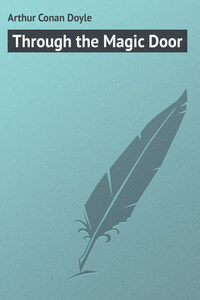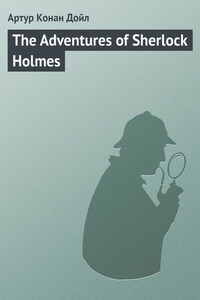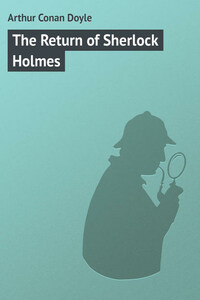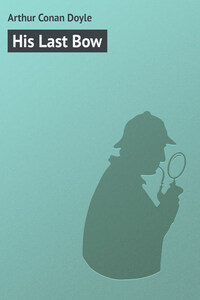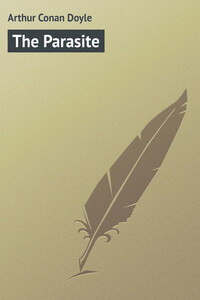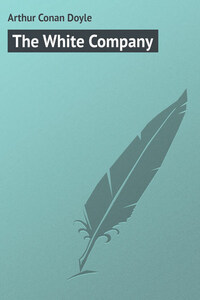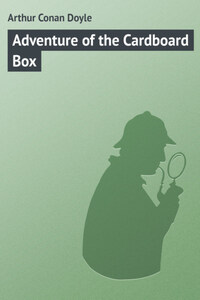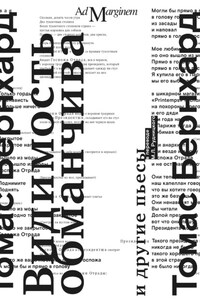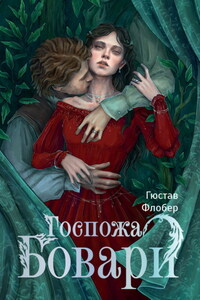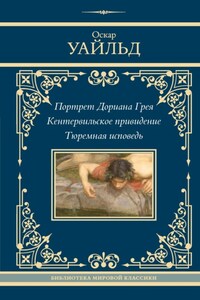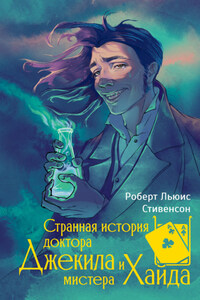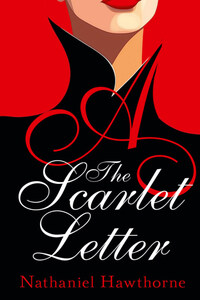I care not how humble your bookshelf may be, nor how lowly the room which it adorns. Close the door of that room behind you, shut off with it all the cares of the outer world, plunge back into the soothing company of the great dead, and then you are through the magic portal into that fair land whither worry and vexation can follow you no more. You have left all that is vulgar and all that is sordid behind you. There stand your noble, silent comrades, waiting in their ranks. Pass your eye down their files. Choose your man. And then you have but to hold up your hand to him and away you go together into dreamland. Surely there would be something eerie about a line of books were it not that familiarity has deadened our sense of it. Each is a mummified soul embalmed in cere-cloth and natron of leather and printer's ink. Each cover of a true book enfolds the concentrated essence of a man. The personalities of the writers have faded into the thinnest shadows, as their bodies into impalpable dust, yet here are their very spirits at your command.
It is our familiarity also which has lessened our perception of the miraculous good fortune which we enjoy. Let us suppose that we were suddenly to learn that Shakespeare had returned to earth, and that he would favour any of us with an hour of his wit and his fancy. How eagerly we would seek him out! And yet we have him – the very best of him – at our elbows from week to week, and hardly trouble ourselves to put out our hands to beckon him down. No matter what mood a man may be in, when once he has passed through the magic door he can summon the world's greatest to sympathize with him in it. If he be thoughtful, here are the kings of thought. If he be dreamy, here are the masters of fancy. Or is it amusement that he lacks? He can signal to any one of the world's great story-tellers, and out comes the dead man and holds him enthralled by the hour. The dead are such good company that one may come to think too little of the living. It is a real and a pressing danger with many of us, that we should never find our own thoughts and our own souls, but be ever obsessed by the dead. Yet second-hand romance and second-hand emotion are surely better than the dull, soul-killing monotony which life brings to most of the human race. But best of all when the dead man's wisdom and strength in the living of our own strenuous days.
Come through the magic door with me, and sit here on the green settee, where you can see the old oak case with its untidy lines of volumes. Smoking is not forbidden. Would you care to hear me talk of them? Well, I ask nothing better, for there is no volume there which is not a dear, personal friend, and what can a man talk of more pleasantly than that? The other books are over yonder, but these are my own favourites – the ones I care to re-read and to have near my elbow. There is not a tattered cover which does not bring its mellow memories to me.
Some of them represent those little sacrifices which make a possession dearer. You see the line of old, brown volumes at the bottom? Every one of those represents a lunch. They were bought in my student days, when times were not too affluent. Threepence was my modest allowance for my midday sandwich and glass of beer; but, as luck would have it, my way to the classes led past the most fascinating bookshop in the world. Outside the door of it stood a large tub filled with an ever-changing litter of tattered books, with a card above which announced that any volume therein could be purchased for the identical sum which I carried in my pocket. As I approached it a combat ever raged betwixt the hunger of a youthful body and that of an inquiring and omnivorous mind. Five times out of six the animal won. But when the mental prevailed, then there was an entrancing five minutes' digging among out-of-date almanacs, volumes of Scotch theology, and tables of logarithms, until one found something which made it all worth while. If you will look over these titles, you will see that I did not do so very badly. Four volumes of Gordon's "Tacitus" (life is too short to read originals, so long as there are good translations), Sir William Temple's Essays, Addison's works, Swift's "Tale of a Tub," Clarendon's "History," "Gil Blas," Buckingham's Poems, Churchill's Poems, "Life of Bacon" – not so bad for the old threepenny tub.
They were not always in such plebeian company. Look at the thickness of the rich leather, and the richness of the dim gold lettering. Once they adorned the shelves of some noble library, and even among the odd almanacs and the sermons they bore the traces of their former greatness, like the faded silk dress of the reduced gentlewoman, a present pathos but a glory of the past.
Reading is made too easy nowadays, with cheap paper editions and free libraries. A man does not appreciate at its full worth the thing that comes to him without effort. Who now ever gets the thrill which Carlyle felt when he hurried home with the six volumes of Gibbon's "History" under his arm, his mind just starving for want of food, to devour them at the rate of one a day? A book should be your very own before you can really get the taste of it, and unless you have worked for it, you will never have the true inward pride of possession.
